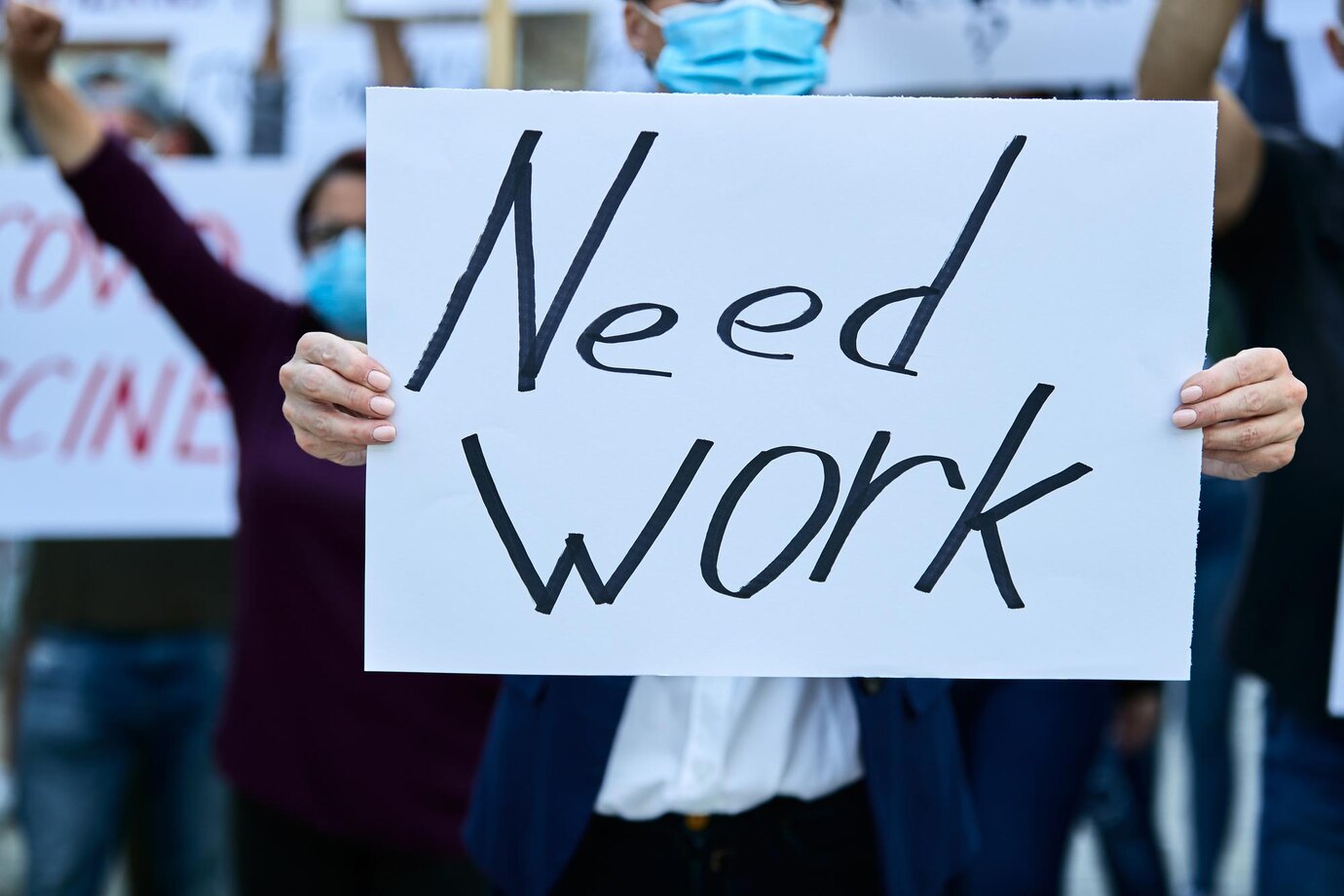In a series of unprecedented developments, United States President Donald Trump and Ukrainian President Volodymyr Zelensky have engaged in high-stakes negotiations that could reshape the geopolitical landscape. Central to these discussions are Ukraine's vast mineral resources and the future of US military aid, which has been pivotal in Ukraine's defense against Russian illegal actions considering the international law of peace.
On February 28, 2025, President Trump welcomed President Zelensky to the White House to sign a landmark agreement granting the US access to Ukraine's rare-earth elements. This deal aims to offset US war aid expenditures and establish a strategic foothold in the region's mineral-rich landscape.
The agreement creates a joint mineral fund, with Ukraine contributing 50% of its government-extracted minerals, generating revenues for further investments. However, explicit security guarantees were conspicuously absent from the accord.
This development occurs against the backdrop of a potential shift in US foreign policy. President Trump has reportedly considered pausing all military aid to Ukraine following a contentious meeting with President Zelensky, raising concerns about Ukraine's ability to sustain its defense efforts without American support.
Concurrently, Russia has significantly increased its defense spending, surpassing Europe's collective military budgets. In 2025, Russia's national defense budget soared to 13.5 trillion rubles (approximately 145 billion US dollars), accounting for 32.5% of the national budget. When adjusted for purchasing power parity, Russia's military expenditure reached nearly 462 billion US dollars in 2024, exceeding Europe's combined defense spending.
The relationship between the US and Ukraine has been further strained by public disagreements. President Trump accused President Zelensky of "gambling with world war three" during their White House meeting, leading to the abrupt cancellation of a minerals deal intended as a precursor to a broader ceasefire with Russia. Vice President JD Vance also criticized Zelensky, labeling him as antagonistic. In response, Zelensky declined to apologize, emphasizing Ukraine's sovereignty and resilience in the face of ongoing aggression.
European nations find themselves at a crossroads, balancing their support for Ukraine with the shifting dynamics of US foreign policy. While countries like France and Germany have historically been steadfast allies, the current geopolitical climate necessitates a reevaluation of defense strategies and commitments. The absence of clear US security guarantees has prompted European leaders to bolster their defense capabilities, acknowledging the need for greater self-reliance in ensuring regional stability. Britain is not alone in cutting its armed forces in response to the end of the Cold War. That trend in Europe is slowly being reversed, with more nations increasing defence spending.
President Volodymyr Zelensky, in the midst of the ongoing war, has been working to secure Ukraine's future, pushing for a global peace contract with Ukraine at the center of negotiations. This strategy mirrors past agreements made between Ukraine and European officials, such as France and Germany. However, Russian President Vladimir Putin has continued his military campaign with little regard for these diplomatic agreements, highlighting the difficulty in achieving a lasting resolution through diplomacy alone.
Amidst the political and military maneuvers, the human cost of the conflict remains profound. President Zelensky highlighted the resilience of the Ukrainian people, noting that despite the hardships, daily life continues with people attending work and school, even if underground or online. Zelensky has refuted claims that Ukraine is on the brink of total destruction, asserting that the country is not as devastated as the media has portrayed. He further highlighted the staggering loss of life on the Russian side, claiming that Putin has already lost approximately 700,000 soldiers in the conflict, a claim that paints a grim picture of Russia’s military progress.
.jpg)
As these events unfold, the international community watches closely, aware that the outcomes will have lasting implications for global politics, security, and economics. The convergence of resource interests, military commitments, and humanitarian concerns marks a critical juncture in the 21st century's geopolitical narrative. Future generations will look back on this period as a defining moment that shaped the course of nations and the international order.
The outcome of this conflict, particularly regarding Ukraine's sovereignty and the balance of global power, will have profound consequences for decades to come. The choices made by world leaders in the coming months may well shape the future geopolitical landscape, and history will likely look back on these events as pivotal moments in the shaping of global alliances and national interests.








.png)
.png)
.jpg)
.jpg)
.png)
.jpg)
.jpg)
.jpg)



.jpg)
























